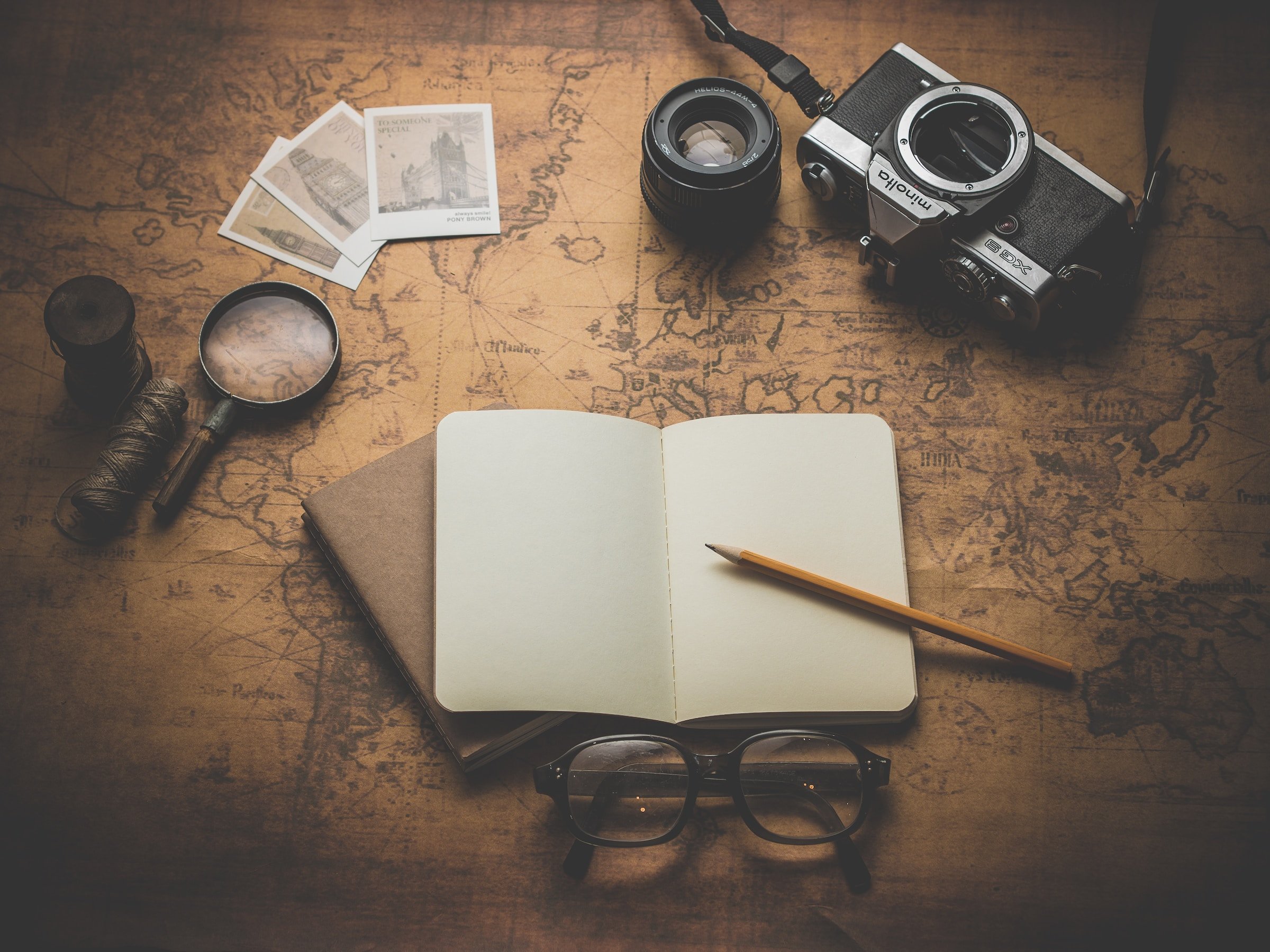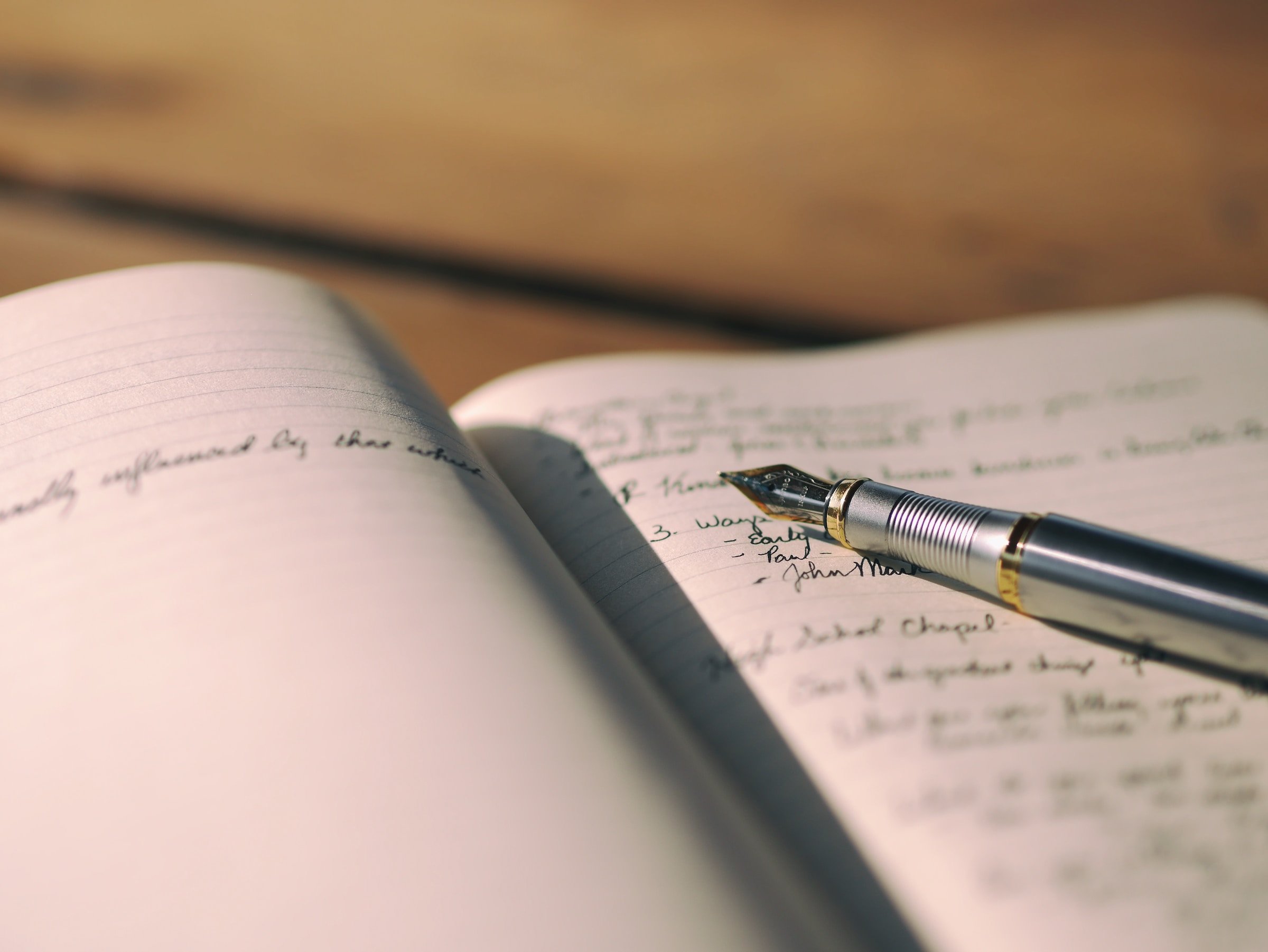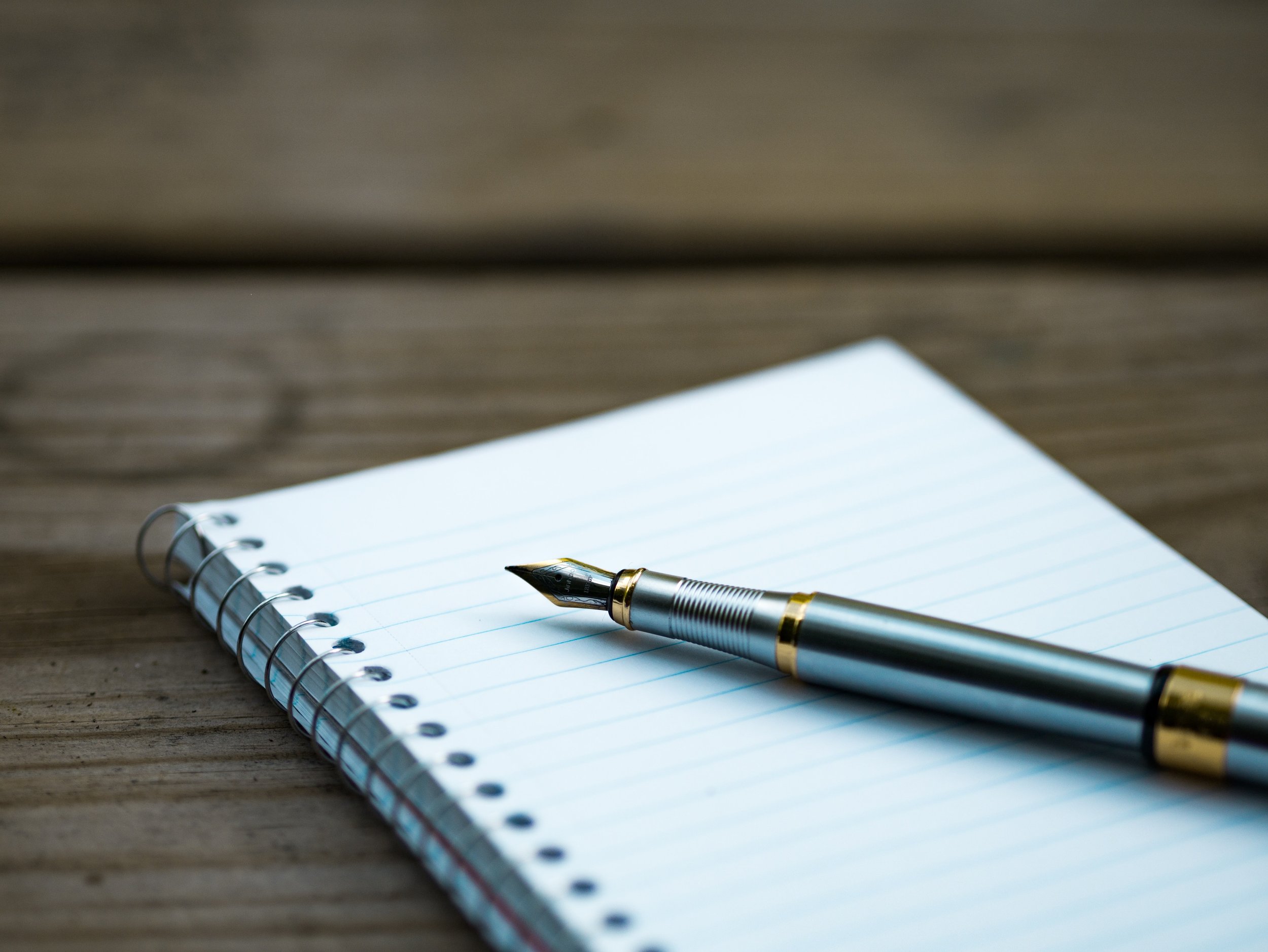
How to Keep Writing No Matter What
A little while ago I was invited to be a panel guest on the topic of “How to Keep Writing No Matter What” at the Lesley University MFA program, where I got my MFA a number of years ago. I faced an auditorium of MFA students who no doubt strongly believe that they will defy the odds and continue writing after they no longer have regular deadlines and faculty giving them tons of helpful feedback and encouragement.
Frankly, many of them won’t.

The Next Step for Revision – Create Your As-Is and Revised Story Maps
Once you’ve read through your manuscript and answered all the questions from last week’s post, you need to make a plan for actually doing the revision.
No, it’s not time to start writing yet! At this point, you’ve probably identified a bunch of issues you need to deal with. Questions to be resolved, decisions to be made, scenes to be combined/added/changed/deleted. Characters to be combined or cut. You get the idea.

5 Questions to Ask Before You Start Your Novel Revision
Phase I of revision on my novel is over - the read -through. I've read the whole thing and overall I'm pretty pleased with it (phew!). I've made notes on all the major things that need to be decided/changed/added/removed. Now comes the hard part: actually making those decisions and beginning to implement them.

Resources and Prompts for National Poetry Month
April is National Poetry Month, which is a great opportunity to dive into poetry, whether or not you usually write it. If you do write it, it’s an opportunity to geek out with all your fellow poetry lovers. If you don’t, it’s an opportunity to try it out. Fiction and even nonfiction writers can learn a lot from experimenting with poetry. Creating evocative imagery, varying sentence rhythm and length, choosing just the right word, playing with language... these can all help you get out of any ruts your prose might have fallen into. Besides, it’s fun! If you’re not a poet, you don’t have to take your poetry so seriously. There’s no pressure to publish, and no one ever has to read it but you.

The Best Books I’ve Read So Far This Year
It’s the end of March, which means one quarter of the year is gone already. They weren’t kidding when they said time seems to move faster as you get older. I never feel like I have enough time in my day to do everything I need and want to do.
I do, however, make time for reading every day.

The Stoplight Method for Revision, Part III: Green Light Issues
Finally, we come to dealing with Green Light issues in your draft! For the past two weeks, I’ve talked about Red Light issues (the big-picture, foundational changes you need to make) and Yellow Light issues (the somewhat complex but more manageable issues you need to resolve). Now you’re ready to deal with the stuff that will really make your manuscript shine.

The Stoplight Method for Revision, Part II: Yellow Light Issues
Last week I gave an overview of the Stoplight method for revision, focusing on the Red Light issues – the major issues you need to deal with before anything else. This is by far the hardest part of revision, since it involves looking at things like character arc and structure.

The Stoplight Method for Revision, Part I: Red Light Issues
Have you ever finished a manuscript, and wondered, Now what do I do? If so, you are not alone. The majority of writers think that revision means “go back to the beginning and start from page 1 and then edit each line.”
WRONG.

Where Do You Get Your Inspiration?
This month I’m celebrating finally finishing the draft of the rewrite of my Middle Grande novel. It was pretty much a Page One rewrite, and frankly I’m not sure it’s any better than the original. It was fun to do, but I’m glad it’s over. Well, not over - I still have to revise. But first I need to let it sit for a while. I need to let all the questions percolate in my brain. Then I’ll re-read it and see what I’ve got.

What To Do When You Have Too Many Ideas
This past weekend, I found myself in a Läderach chocolate shop very similar to the one in the above image. I hadn’t had Läderach chocolates since my last trip through Zurich in 2018, and let me tell you, they are divine. I recently learned they opened a shop in Boston, and it was all I could do to restrain myself from heading there the next day, work obligations be damned.

“I don’t know what happens next”: Writing Transitional Scenes
As I continue my February Writing Challenge, I had a new hurdle last week: Transitional Scenes. These scenes are important, but they don’t get a lot of attention from people talking about craft, or often writers themselves.

Making a Scene: How to Go Deep to Maximize Action and Emotion
This week I hit that pivotal moment in my novel, where we turn into Act III. It’s a good place for an “all is lost” moment. Maybe even a culmination of many moments, where the Protagonist realizes nothing is going right, and it’s her against the world.

New Year’s Goal Check-in: 7 Ways to Rev Up Your Motivation if the Winter Blues Are Setting In
Google “What percentage of people give up their new year resolutions by February” and you get a consistent statistic: 80%. I have no idea how accurate that is, but it seems pretty consistent with the fact that for most people I know, myself included, commitment starts to flag right around this time.

How Watching Films & TV Can Improve Your Writing
Awesome! You mean all my hours of binge-watching Netflix, HBOMax, Amazon Prime, AppleTV+, Disney+, Hulu, etc., etc. Are actually helping my writing?
Well, yes, and no.

3 Steps to a Successful MFA Application
So you’ve decided to actually apply to an MFA program in Creative Writing. By now, hopefully you’ve researched lots of programs and know where you want to apply. You don’t need to apply to 10; in fact, I would say, apply to no more than 3–5. The application fees can add up, for one thing (although they may be waived if you call the Admissions office and cite financial hardship). Also, it can be time-consuming, since each program will likely have slightly different essay questions to answer or other hoops to jump through.

10 Considerations Before You Apply to a Creative Writing MFA Program
This week I presented on a panel at my MFA alma mater, Lesley University. I did my MFA quite a few years ago now, and worked for the program for many years afterward as Assistant Director.
Getting an MFA is still a dream for a lot of people, but there are now more options for serious writing training. I recently spoke to a client who wasn’t sure if he wanted to do an MFA or not – or if he was even ready to apply. Our conversation sparked some ideas that I wanted to share for anyone considering doing an MFA.

10 Tricks to Maintain a Consistent Writing Practice
Many of us have made writing goals in the New Year. In these first heady days of possibility and excitement, we may find it easy to stick to our commitment – to write every day, to write a certain number of words per day or week, to finally finish that book that’s been dragging on (and on...).

The Four Burner System of New Year Planning
It’s that time of year when thoughts turn to setting goals for the next year. Even if you’re not a “New Year’s Resolutions” person, you may be thinking about what you accomplished this year, and what you want to accomplish in 2023.

My Most Popular Articles of 2022
As we rush toward the holidays, I realize most of us do not have time to red and absorb lots of articles and new information. But maybe next week there will be a lull... we can hope! So I thought it might be fun to see what my most popular articles were from 2022, and put them all in one place so you can catch up on any you missed. May they bring you inspiration for your writing in 2023!

The Best Books I’ve Read in 2022
I’ve read 55 books so far this year. I’ll probably sneak a few more in before December 31, but these are the ones that made my top picks. I’ve also read a bunch of books on Buddhist practice, which I’ve excluded from the list since they’re only relevant if you’re Buddhist. This means I’ve read fewer nonfiction books overall, but I’m okay with that. There are always more books to read!
